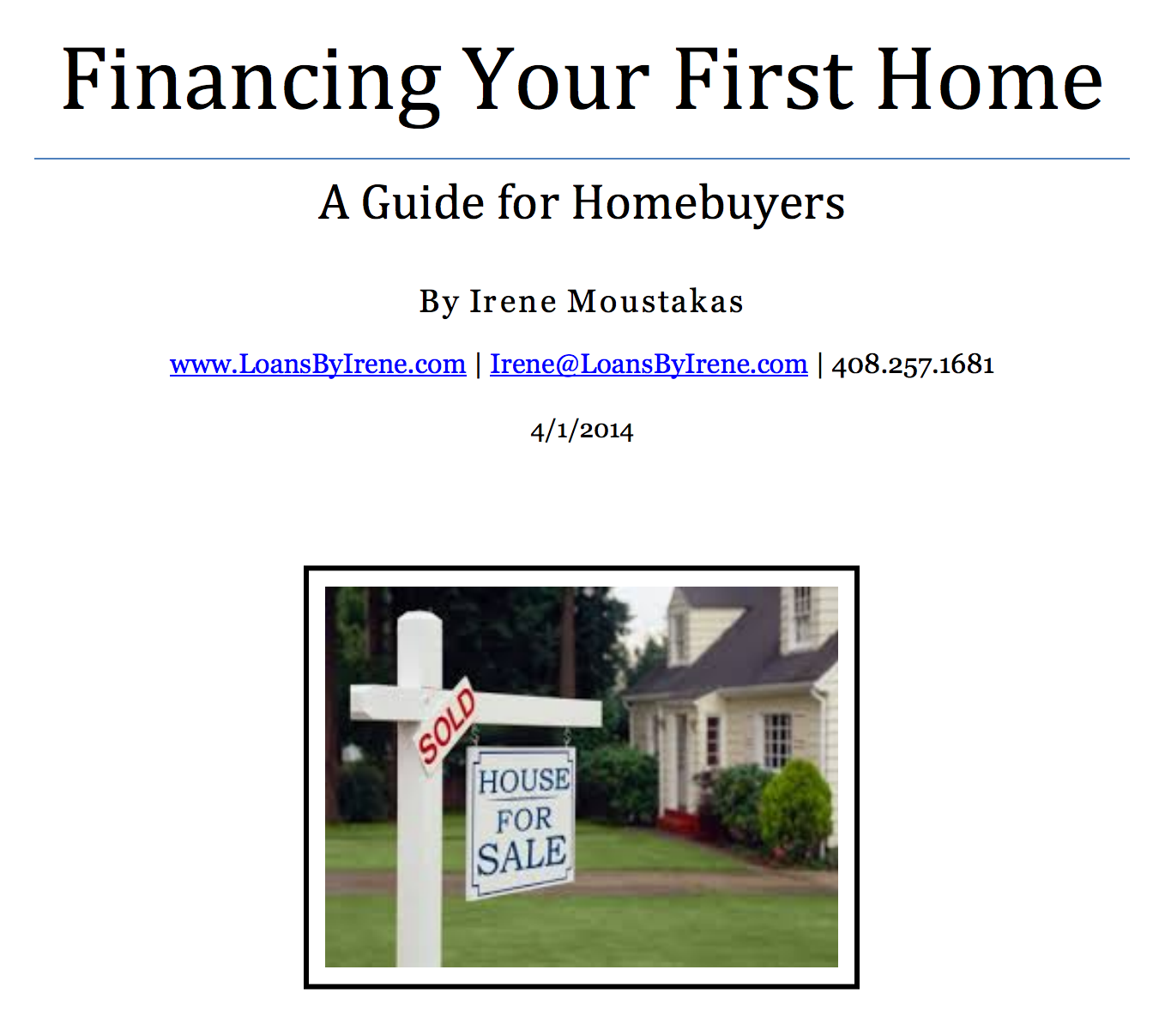On Conventional loans, your credit score can have a significant impact on the interest rate for which you qualify and/or how much more the loan is going to cost you. You can generally accept a higher interest rate so that you do not have to pay out of pocket for the “hit”, but it’s still there, whether you finance it or pay it directly. These hits are called “Price Adjustments” — they are actually charges that Fannie Mae and Freddie Mac have determined help offset risk, and so are passed on to lenders, which in turn pass them on to you. Here’s an example of the price hits, dependent on both FICO score and Loan-to-Value (LTV) ratio.
| <=60% | 60.01-<=70% | 70.01-75% | 75.01-80% | 80.01-85% | 85.01-90% | 90.01-95% | 95.01-97% | |
| >= 740 | (0.250) | 0.000 | 0.000 | 0.250 | 0.250 | 0.250 | 0.250 | 0.250 |
| 720-739 | (0.250) | 0.000 | 0.250 | 0.500 | 0.500 | 0.500 | 0.500 | 0.500 |
| 700-719 | (0.250) | 0.500 | 0.750 | 1.000 | 1.000 | 1.000 | 1.000 | 1.000 |
| 680-699 | 0.000 | 0.500 | 1.250 | 1.750 | 1.500 | 1.250 | 1.250 | 1.125 |
You will notice that the price hit is affected by increments of 20 points in your FICO score. If you see a 1-point hit, then that means you must pay 1.0% of the loan amount. Alternatively, as you see in the column for LTV of 60% and below (40%+ equity in the home), then you actually get an improvement.
If your FICO is below 700, it will most likely make more sense to go with an FHA loan, which does not have such price hits for FICO scores. I would run an “apples to apples” comparison to determine what your true output is and help develop a cost/benefit analysis for you.



This was really new to me, don’t know that anyone ever explained it this way. So, I found this to be very interesting. We are trying to figure out where we fit on the scale as our credit score is very high.
Always good information from you, thanks,
Margie
Hi Margie, with excellent credit, you would either get hit the minimum amount, or in conjunction with 40%+ equity in the home, you would actually get a rate improvement. It usually isn’t explained this way since mortgage professionals quote rates knowing what hits are involved. That way, the cost of having a lower credit score doesn’t impact the borrower as much. Thanks for your comment!